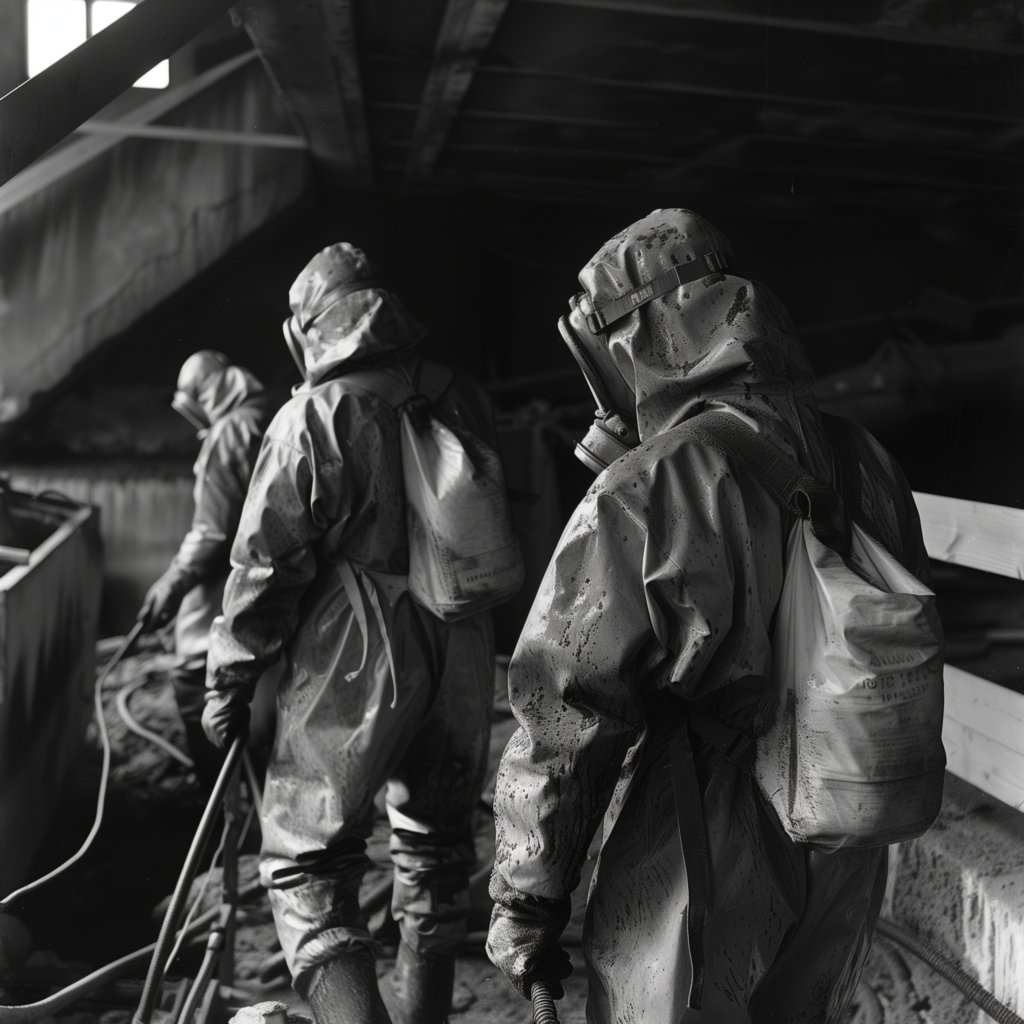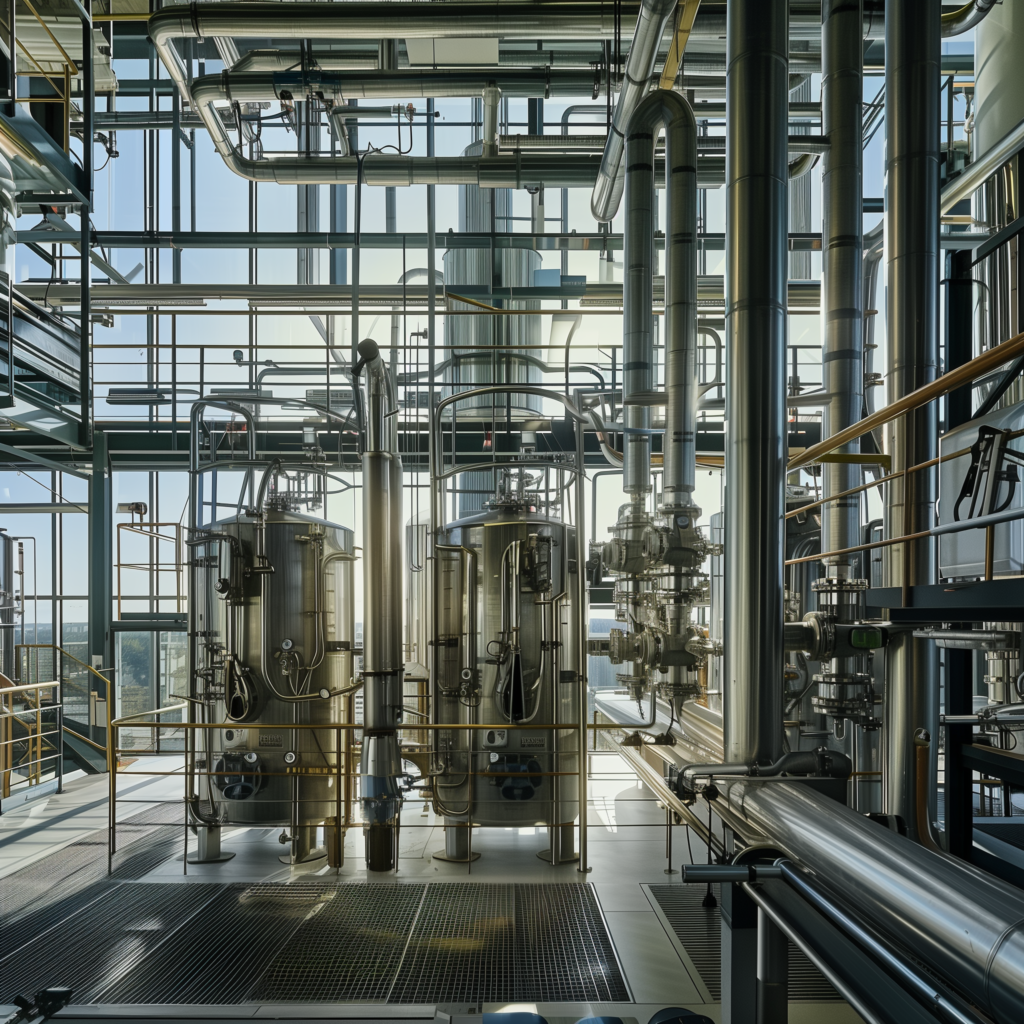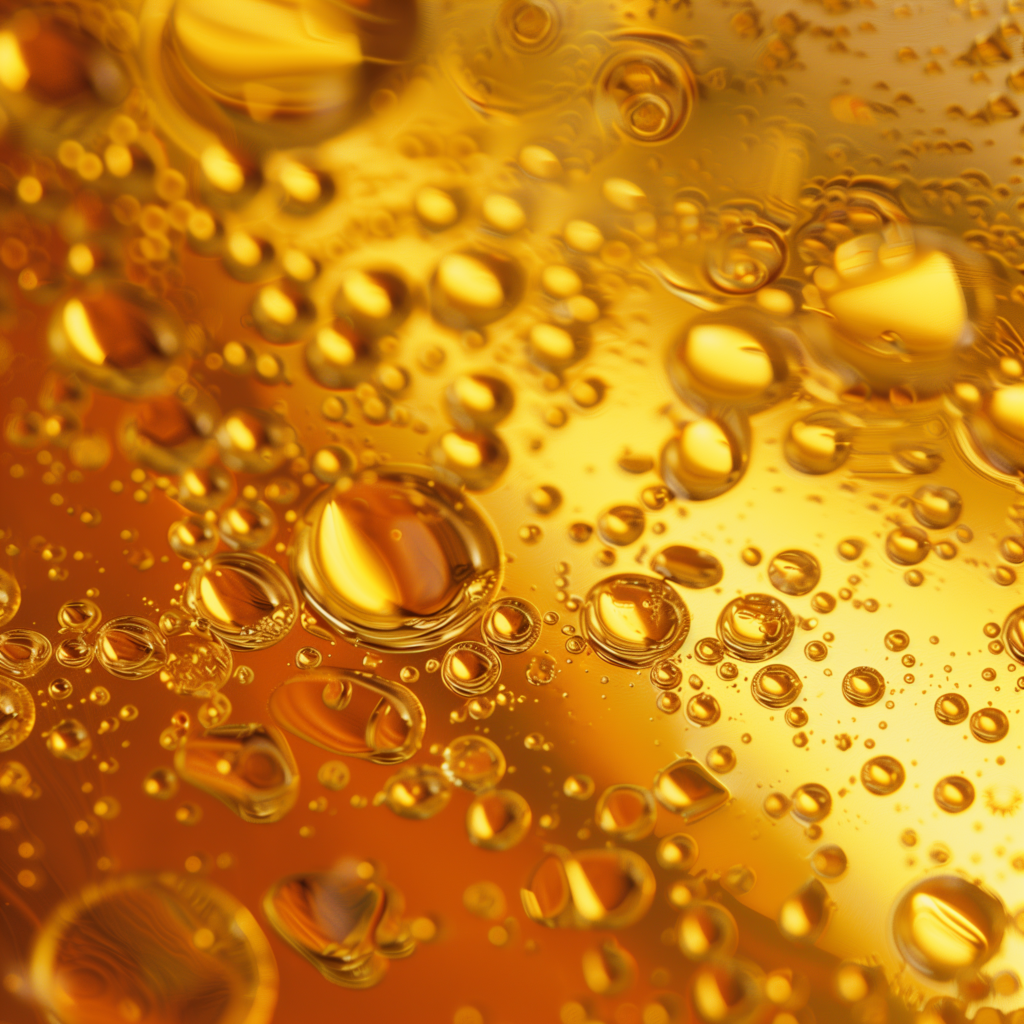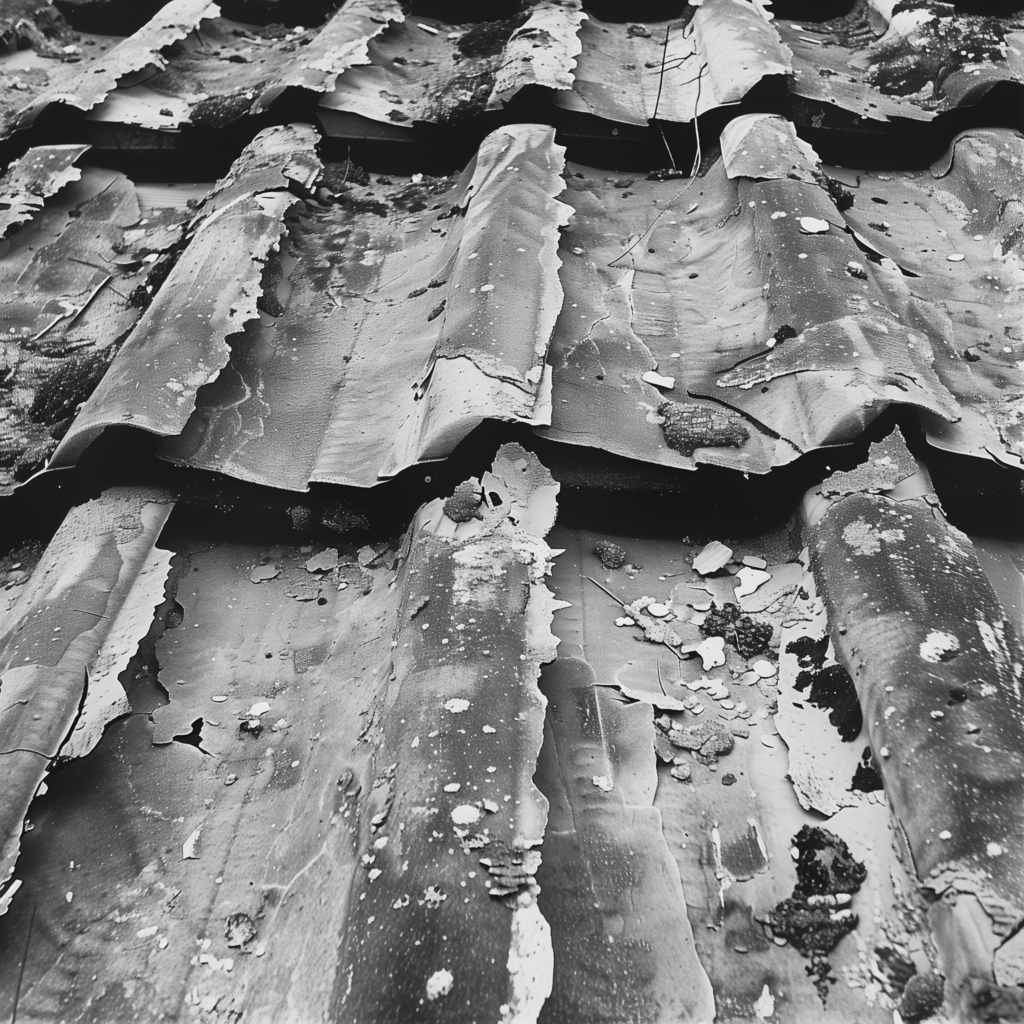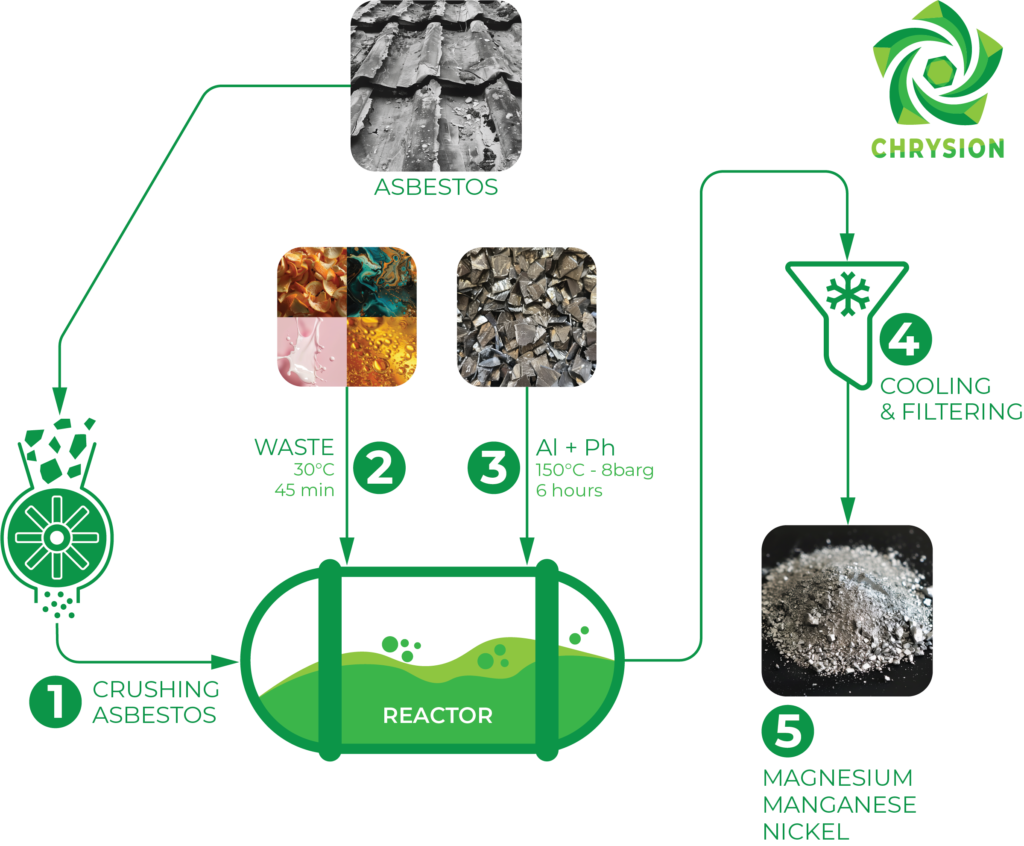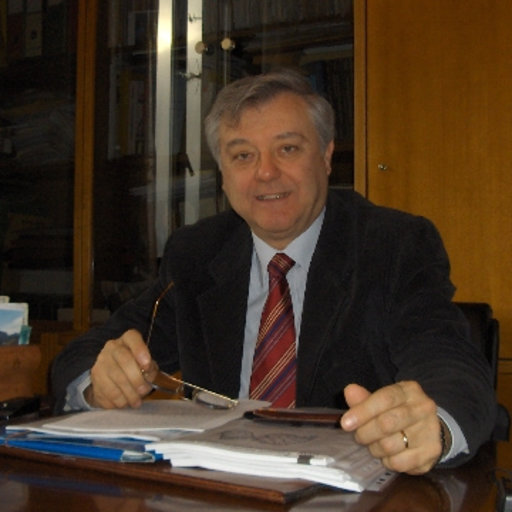About Us
LEBSC S.r.l. is an innovative company specializing in advanced environmental solutions. Founded in 2013 by Prof. Roveri, LEBSC leverages over 40 years of academic research from the University of Bologna. Our expertise lies in the purification of air and water, and the denaturation of asbestos using cutting-edge nano and biotechnologies.
Our Mission
LEBSC is committed to environmental sustainability and innovation. We continuously strive to develop new technologies to address pressing environmental issues, ensuring cleaner air and water for future generations.
About Norberto Roveri
Prof. Norberto Roveri is a distinguished scientist and founder of LEBSC S.r.l. With a rich academic background, he has dedicated over 40 years to research at the University of Bologna. His expertise lies in biochemistry, crystallography, and nanotechnologies, focusing on environmental purification and biomimetism. Prof. Roveri has significantly contributed to the development of innovative solutions for air and water purification, and asbestos denaturation, making substantial advancements in sustainable environmental technologies. His work is recognized globally, underscoring his commitment to scientific excellence and environmental sustainability.
Our History
LEBSC S.r.l. was founded in 2013 by Prof. Roveri, prior to his retirement, to preserve the expertise acquired over decades of academic research conducted at the Department of Chemistry, University of Bologna. This research focused on asbestos and the environmental and health issues associated with its use.
LEBSC S.r.l. began its operations as a laboratory authorized by the Ministry of Health to conduct analyses related to the presence of asbestos. In this field, LEBSC S.r.l. has filed a patent (PCT/IB2015/052021) describing a chemical process to denature asbestos contained in asbestos-cement products, such as Eternit, using waste whey. This process effectively denatures two significant waste materials – asbestos and waste whey – without generating any residual waste, and allows the extraction of magnesium and carbonate-based mineral compounds with commercial value.
In addition to asbestos analysis, LEBSC S.r.l. has expanded to perform most environmental analyses on soil, water, and smoke, developing innovative projects for wastewater purification, leachate, and digestate treatment, as well as smoke abatement and air purification.
Mission and New Directions
Since 2020, LEBSC S.r.l. has significantly expanded its operations. In addition to analytical and environmental project activities, the company has embarked on research, development, and commercialization of innovative industrial products that are environmentally friendly and safe for human health, avoiding the formation of toxic pollutants and promoting a circular economy.
- This new corporate goal has enabled LEBSC S.r.l. to develop an inorganic product branded CLENYA®. When properly mixed with polymer or cellulose matrices, CLENYA® renders them weakly electrostatic, and thus bacteriostatic, antifungal, mold-resistant, and antiviral. The innovation of CLENYA® lies in its exclusive use of ionized microelements soluble in water, mimicking biological systems without releasing pollutants into the environment. CLENYA® is also available in a liquid form for treating fibers, fabrics, and various surfaces.
- CLENYA PHOTOVOLTAIC® is an innovative product for the self-cleaning of photovoltaic panels, capable of increasing daily efficiency and reducing infrared heating effects.
- LEBSC S.r.l. produces devices for air purification and the reduction of fine dust, VOCs, and toxic molecules in industrial and civil exhaust fumes using a biomimetic process that replicates chlorophyll photosynthesis. LEBSC S.r.l. synthesizes photocatalytic inorganic particles that, when illuminated by UV rays, produce radicals capable of breaking down toxic organic molecules and destroying the lipid membranes of microorganisms such as bacteria, fungi, molds, and viruses.
- LEBSC S.r.l. also produces devices for purifying wastewater, leachate, and digestate, based on the same photocatalytic technology used for air purification.
Our corporate ethics are clear: we reject the use of biocides, toxic substances, or pollutants to achieve goals that can be pursued with biomimetic and geomimetic processes that imitate natural processes. Natural processes utilize simple natural compounds that react in water without toxic solvents, employing self-assembling technology and polymeric templates. These simple, non-polluting mechanisms can be used in the laboratory, moving away from the traditional “chemist’s” approach of inventing new synthetic molecules that can pollute and pose health and environmental risks. LEBSC S.r.l. aims to innovate by developing new products and processes that outperform polluting products and processes without using toxic molecules harmful to human health and the environment.
Bio Eco Active Srl
BIO ECO ACTIVE S.r.l. is an innovative startup founded in 2012 by Prof. Norberto Roveri, former Professor of General Chemistry at the University of Bologna. The company aims to transfer the knowledge and experience acquired over 40 years of academic research in biomedical and technological fields into practical, industrial applications.
BIO ECO ACTIVE S.r.l. is dedicated to developing products that are not only innovative but also highly respectful of the environment and consumer health. Many of these new materials are biomimetic, meaning they are lab-prepared but mimic the composition, structure, and activity of natural biological materials, significantly enhancing their functional application. Not everything natural is entirely safe; sometimes, we can prepare something biomimetic in the lab that is much healthier and more controlled than its natural counterpart.
Addressing environmental issues (waste, wastewater, smoke, air pollution, asbestos) in an environmentally respectful manner requires innovative products that BIO ECO ACTIVE S.r.l. is proud to have designed and produced (patent MI2010A001443). Organic farming can no longer use phytosanitary products and toxic molecules, which BIO ECO ACTIVE S.r.l. has replaced with new edible biomimetic carriers that more efficiently transport micro-nutrients and natural active ingredients (patent PCT/IB2016/053180).
Biomedical, cosmetic, detergent, and sanitizing products can be redesigned without parabens, silicones, allergens, and substances that, although natural because they are extracted from plants, are often very toxic to consumer health. Packaging must also be changed and innovated towards a progressive reduction in the use of plastic and non-recyclable materials. This can also be improved by using “bacteriostatic” materials that, without containing biocides or toxic substances, simply prevent bacteria, viruses, molds, and fungi from reproducing on their surface. BIO ECO ACTIVE S.r.l. proudly claims to have succeeded in this (patent 102016000033262).
Over the years, BIO ECO ACTIVE S.r.l. has stubbornly adhered to its ethics, often at the expense of reduced profits, but has managed to develop a wide range of environmentally and health-respectful products that are innovative compared to what consumers find on the market. Day by day, its ethics will continue to evolve, increasingly distinguishing between economic and environmental value.

